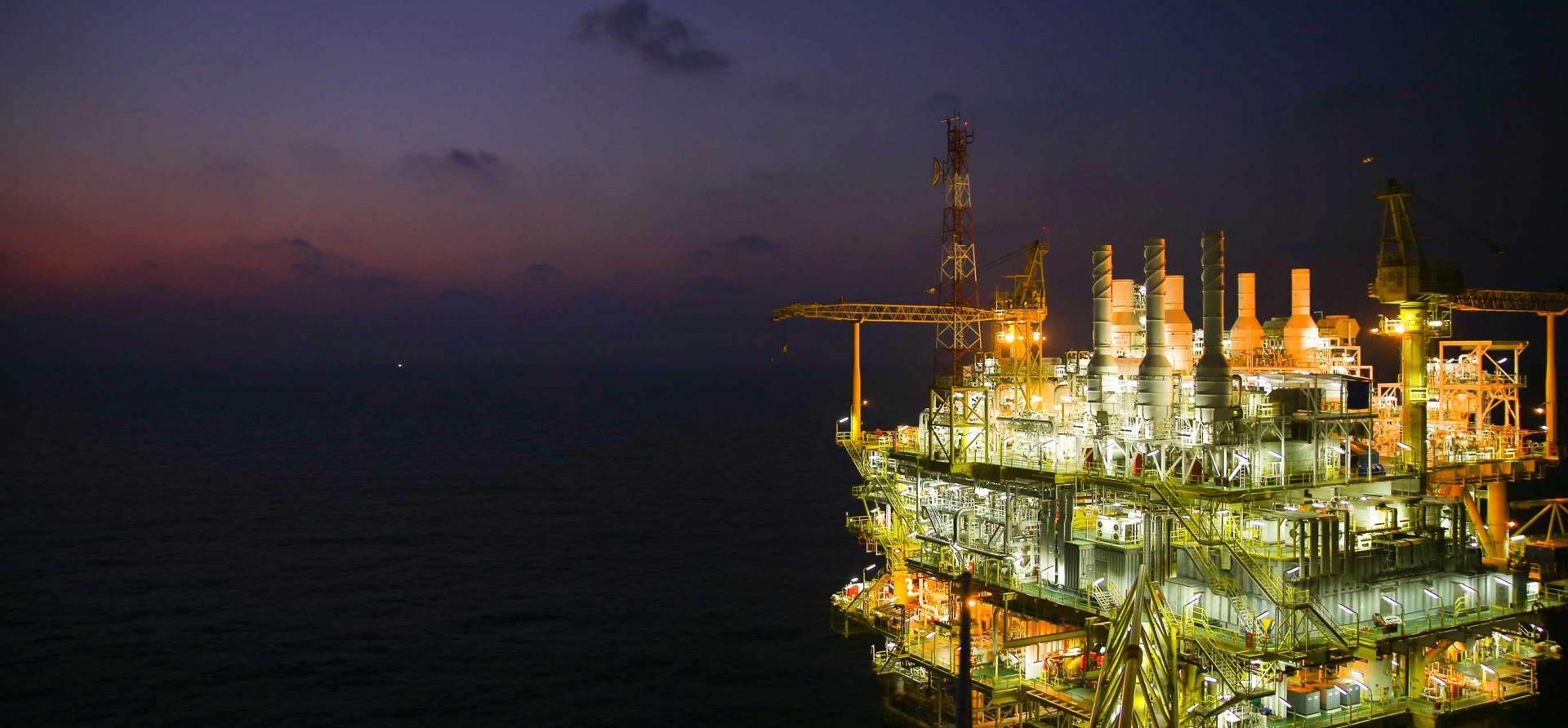
Key Findings
Italian firm Eni plans to develop the carbon-laden Evans Shoal now renamed Verus project, making the company’s net zero commitments more challenging.
Eni’s plans are at odds with the objectives it pledged to the Italian investing public when raising €2 billion through its first sustainability-linked bond issue to retail investors.
This latest plan will be subject to Australia’s Safeguard Mechanism, meaning Evans Shoal/Verus will be exposed to higher carbon costs than other gas fields given it is estimated to contain up to 27% carbon dioxide.
As greenwashing claims have become a focus for regulators in the United States, Europe and Australia, Eni’s sustainability credentials should not only come under greater regulatory scrutiny but investors should also be asking questions.
Executive Summary
Italian energy firm Eni plans to develop the most carbon dioxide (CO2) intensive gas field offshore Australia — the Evans Shoal project now renamed Verus. The development plan undermines Eni’s position at the forefront of gas producers’ net zero emissions by 2050 pledge.
Eni has made much of its sustainability credentials on its website and in multiple public presentations. Yet just days after raising €2 billion through its first sustainability-linked bonds issue to retail investors in January 2023, Eni held a briefing in Australia to outline its development plans for Evans Shoal. When Eni issued its sustainability-linked bonds to Italian retail investors, it did not disclose its Verus plans.
When Eni issued its sustainability-linked bonds to Italian retail investors, it did not disclose its Verus plans.
There have been many plans for the Evans Shoal project over its 35-year history. This latest plan will be subject to Australia’s Safeguard Mechanism meaning Evans Shoal/Verus will be subject to higher carbon costs than other gas fields given the CO2 average content of 27% in the field and make it potentially one of the largest CO2 facilities under the mechanism.
Developing the Evans Shoal/Verus project is inconsistent with Eni reaching net-zero greenhouse emissions (GHG) by 2050, which is entirely reliant on unproven carbon, capture and storage technology and buying carbon offsets. It will also coincide with a glut of new supply in global LNG markets over 2025 to 2027 and challenging economics for new LNG ventures looking to come online shortly after this period.
Eni has received significant funds from the Italian investing public based on the premise of its pledge to accelerate the energy transition and reduce GHG emissions. Given its plans to develop Verus/Evans Shoal, Eni’s sustainability credentials and net zero commitments should come under greater scrutiny.
















